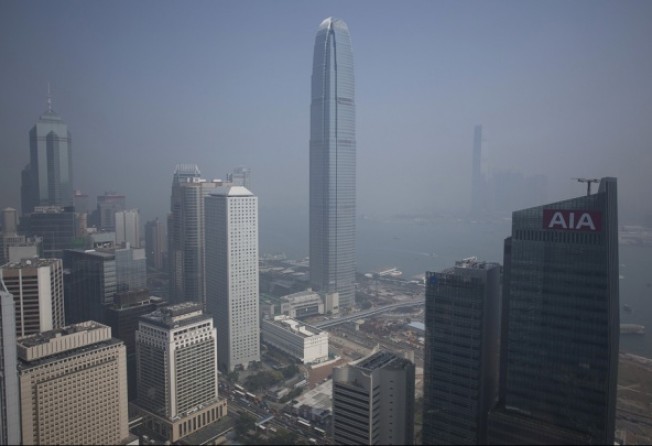How green buildings can help lower price of electricity
Yeung Man-yau and William Chung look at how the future of our power market can be shaped

This year is proving critical in the shaping of a future electricity market for Hong Kong. While the government will soon review the scheme of control agreements with the city's two power companies, an inter-departmental steering committee has been established to map out strategies for green building development.
Buildings consume 90 per cent of our overall electricity, and green buildings are seen as a silver bullet to reform the Hong Kong electricity market; they help save energy and ease the tension that exists between environmental protection and electricity prices. Research shows green buildings could help cut electricity tariffs.
This finding emerged from a study by Greenpeace and City University of the impact of green buildings on the electricity market. The study found that, if all of Hong Kong's buildings were green buildings by 2020, the city would cut electricity consumption by 9.4 billion kWh and save HK$10.4 billion on natural gas expenses. On average, each citizen would save HK$1,500 on his or her electricity bill each year.
Some would say "greening" all buildings by 2020 is impossible. However, even with more modest targets, the outcome would still be impressive. The study found that with 38 per cent of the buildings green, we could cut 3.1 million tonnes of carbon dioxide emissions. And with just 28 per cent green buildings, Hong Kong could maintain its supply of electricity without needing to expand power station capacity.
This would affect the power companies' HK$5.7 billion investment into the construction of natural gas power plants, which would lead to lower electricity tariffs. It should be clear that a campaign to develop green buildings holds the key to market reform.
Looking abroad, Singapore has been even more aggressive in developing green buildings. In 2008, its government passed a law stipulating that all new buildings must achieve a Green Mark rating. It now aims to make 80 per cent of all buildings meet these green ratings by 2030 and is providing incentives to building owners in an effort to do so.
It's time for the Hong Kong government to act. It should set a goal of making 40 per cent of the city's buildings green by 2020 and set energy saving targets for the power companies in its agreements with them.
This year will be a turning point for Hong Kong. If we miss this chance to review our electricity market and include a green building strategy, in the future, Hong Kong people will continue to face electricity tariff hikes.
For a greener future, we have the solution; all that's needed is action from our government.
Yeung Man-yau is a Greenpeace campaigner. Dr William Chung Siu-wai is associate professor in the Department of Management Sciences, City University